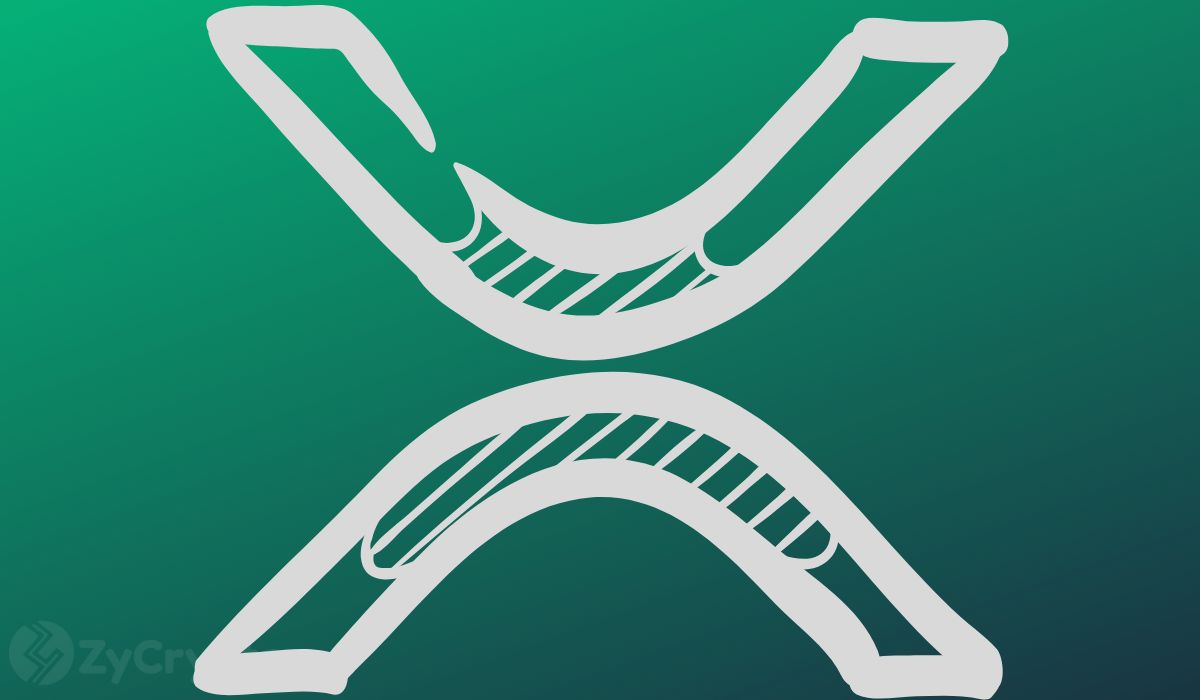ARTICLE AD BOX

The Bank for International Settlements (BIS) has announced the launch of Project Agorá. This project is a joint venture between seven central banks, including the UK, Japan, South Korea, Mexico, Switzerland, New York, and Europe, and private financial entities that aims to study the integration of tokenized commercial bank deposits with central bank money.
Project Agorá is going to use smart contracts and prophecy principles to provide such a “usable” solution that might have the power to enhance the effectiveness and functionality of the monetary system.
The BIS, central banks and private sector are embarking on Project Agorá to explore #Tokenisation of cross-border payments @banquedefrance @Bank_of_Japan_e @bok_hub @Banxico @SNB_BNS @bankofengland @NewYorkFed https://t.co/mDFKBqNCqc pic.twitter.com/GRsEButU2I
— Bank for International Settlements (@BIS_org) April 3, 2024
Bridging Commercial and Central Bank Money
The Project Agorá is aimed at exploring the seamless integration of commercial bank deposit tokens and wholesale central bank money tokens. The move is a reaction to the increasing interest and exploration of tokenization in the financial services industry worldwide. The activities like U.S. Treasury notes and gold tokenization by major financial institutions that have been carried out lately represent the acceleration of the digital transformation of the financial industry.
Project Agorá aims to retain the dual-tier nature of the monetary system while bringing in new developments with the use of smart contracts and programmability through a public-private programmable core financial platform.
Enhancing Payment Infrastructure and Efficiency
The project focuses not only on technological innovation but also on the specifics of operational, regulatory, and legal conditions associated with the currencies of the central banks-participants. Cecilia Skingsley, Head of the BIS Innovation Hub, emphasized the companion testing of the technology within such frameworks together with financial companies having operations in these environments.
The goal of Project Agorá is to develop a broader payment infrastructure that would be able to connect different payment systems and, thus, provide more effective and cheaper transactions at the international level.
Tokenization: The Next Frontier in Financial Digitalization
Tokenization, as per BIS, constitutes marrying records with the rules and logic that govern them through smart contracts. This method integrates the transaction message with the payment and transfers itself, which greatly reduces the time and resources spent on back-office reconciliations. The attention that the G20 is paying to high cross-border payment costs has brought into focus such innovations as Project Agorá. Through standardizing processes like KYC and AML checks on a common platform, the project could generate major savings in compliance costs for banks.
Nonetheless, despite the tendency for tokenization, which typically comes with blockchain technology, the central bank’s participation in Project Agorá indicates the affinity to a centralized consensus model. The reason for this is to retain power over transactions, although smart contracts can be used on a centralized ledger.
Hyun Song Shin, BIS Head of Research, pointed out the scalability and interoperability challenges of blockchain projects, especially those based on public blockchains. He underscored the effectiveness of the traditional separation between central and commercial banks, which Project Agorá seeks to enhance rather than replace.
Read Also: Coinbase Announces Wormhole Perp Listing Amid W Price Rally
The post Central Banks Unite for Tokenization to Revamp Money System appeared first on CoinGape.
.png)
 1 year ago
13
1 year ago
13








 English (US)
English (US)